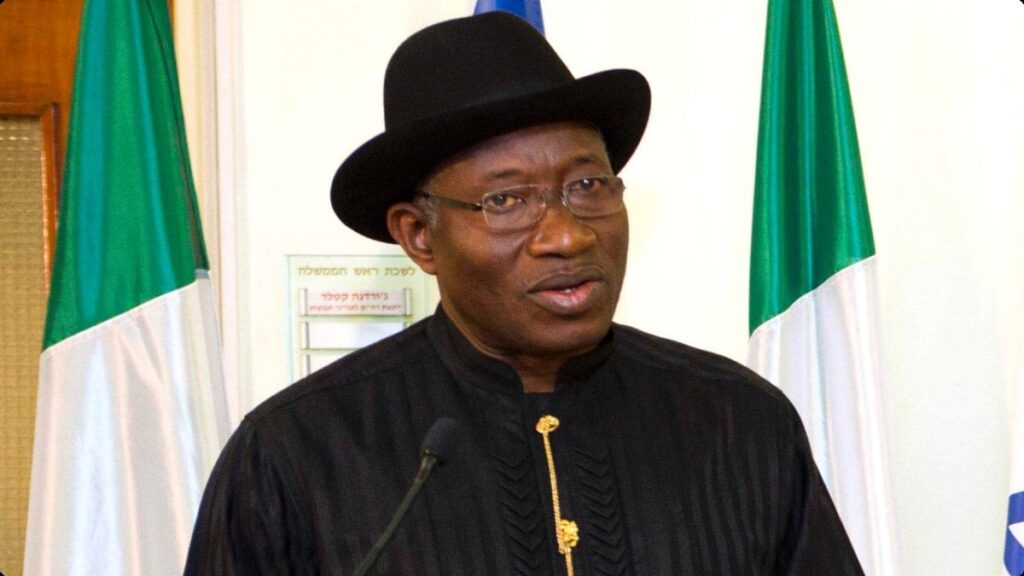Ambassador Simeon Uwah, the Executive Secretary of the International Supreme Council for Peace Africa, has praised former Nigerian President Goodluck Jonathan for his historic concession of defeat during the 2015 general elections.
Speaking in Uyo on Monday, March 31, exactly 10 years after the pivotal moment, Uwah hailed Jonathan’s decision as one of the most significant examples of democratic maturity in Africa, urging African leaders to adopt similar approaches in their leadership.
Jonathan’s peaceful transition of power to Muhammadu Buhari in 2015 was unprecedented in Nigeria’s political history.
Despite the highly contested and tense nature of the election, Jonathan’s decision to concede defeat set a powerful example of statesmanship and commitment to national peace.
Uwah emphasized that in a continent often marred by electoral violence, political unrest, and leaders clinging to power, Jonathan’s actions marked a turning point for African democracy.
Uwah described Jonathan’s now-famous phone call to Buhari—where he personally congratulated him on his victory—not just as a polite gesture, but as a deliberate act to prioritize peace and national stability.
“This was more than sportsmanship; it was a purposeful step towards ensuring peace. His decision helped avert post-election violence, saved countless lives, and enhanced Nigeria’s standing on the global stage,” Uwah said.
READ ALSO: Tinubu congratulates Jonathan on winning 2025 Sunhak Peace Prize
The International Supreme Council for Peace Africa executive further stressed that Jonathan’s peaceful handover of power should serve as a valuable lesson for other African nations struggling with political instability.
Countries like Guinea, Sudan, Gabon, and Burkina Faso, which have faced military coups, electoral crises, or authoritarian backsliding, could greatly benefit from embracing Jonathan’s approach to governance.
Uwah suggested that Jonathan’s 2015 concession should be taught as a case study in governance and leadership training across the continent.
“As Africa grapples with rising instability, Jonathan’s leadership should be viewed as a crucial blueprint for democratic governance and reform,” he said.
Uwah called on the African Union (AU) and the Economic Community of West African States (ECOWAS) to institutionalize peaceful leadership transitions as part of the democratic standards to safeguard the continent’s future.
He concluded by recalling Jonathan’s words from that historic moment: “My ambition is not worth the blood of any Nigerian.” Uwah urged African leaders to adopt this mindset, not just as rhetoric, but in their actions, in order to foster more peaceful and democratic political transitions across the continent.

